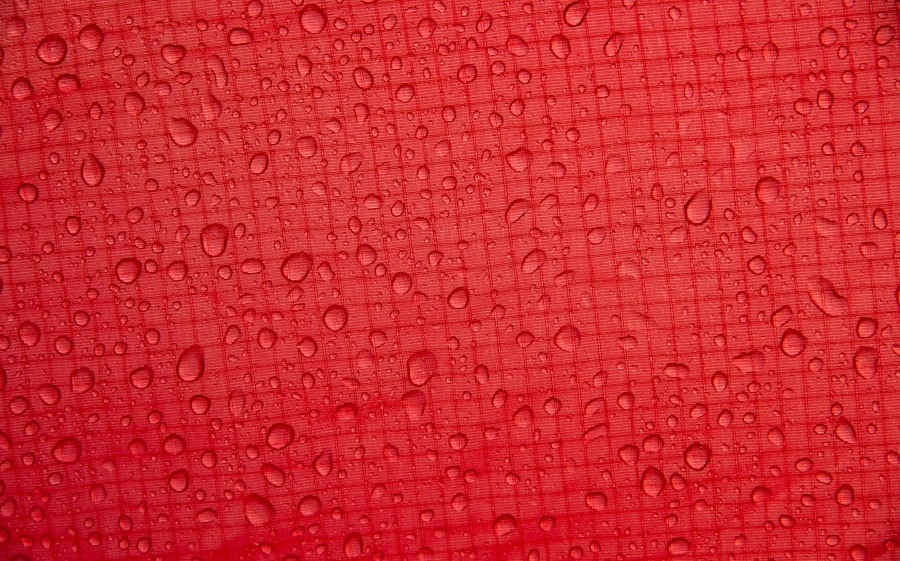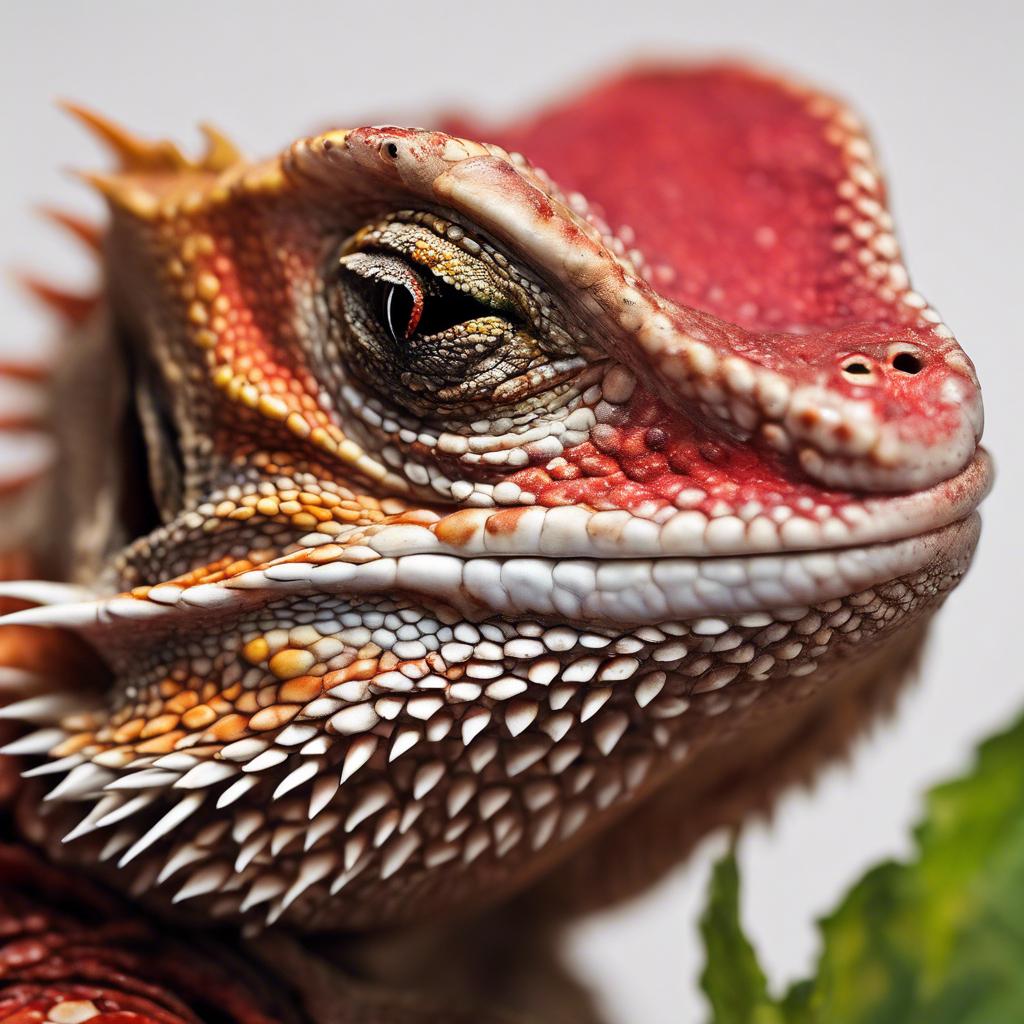Feeding a balanced diet to your bearded dragon is crucial for their overall health and well-being. Along with providing fresh water, incorporating a variety of vegetables into their diet is essential. One vegetable that can be beneficial for bearded dragons is red chard. In this article, we will explore the nutritional value of red chard for bearded dragons, how to properly prepare and feed it to them, and the importance of a balanced diet and fresh water.
Key Takeaways
- Red chard is a nutritious vegetable that can be fed to bearded dragons as part of a balanced diet.
- To prepare red chard for bearded dragons, it should be washed thoroughly and chopped into small pieces.
- Bearded dragons can be fed red chard along with other vegetables such as kale, collard greens, and squash.
- A balanced diet for bearded dragons should consist of 80% vegetables and 20% protein, with occasional treats.
- It is important to provide fresh water and follow a proper feeding schedule to ensure the health of bearded dragons.
Nutritional Value of Red Chard for Bearded Dragons
Red chard is packed with nutrients that can contribute to the overall health of your bearded dragon. It is a great source of vitamins A, C, and K, as well as calcium and iron. Vitamin A is important for maintaining healthy skin and eyesight, while vitamin C helps boost the immune system. Vitamin K is essential for blood clotting and bone health. Calcium is crucial for strong bones and teeth, and iron helps with oxygen transportation in the body.
These nutrients found in red chard can help support your bearded dragon's growth, development, and overall health. By incorporating red chard into their diet, you are providing them with a variety of essential vitamins and minerals that they need to thrive.
Preparing Red Chard for Bearded Dragons
Before feeding red chard to your bearded dragon, it is important to properly wash and chop it. Start by rinsing the red chard under cool running water to remove any dirt or debris. Make sure to remove any wilted or damaged leaves.
Once the red chard is clean, you can chop it into small pieces that are easy for your bearded dragon to eat. It is recommended to chop the leaves into bite-sized pieces and remove any tough stems. Bearded dragons have small mouths, so cutting the red chard into smaller pieces will make it easier for them to consume.
When preparing red chard for your bearded dragon, it is important to avoid using any pesticides or herbicides. These chemicals can be harmful to your pet and may cause health issues. It is best to choose organic red chard or thoroughly wash conventionally grown red chard to remove any potential residue.
Feeding Red Chard to Bearded Dragons
The amount of red chard to feed your bearded dragon will depend on their size and age. As a general guideline, you can offer a small amount of red chard as part of their daily vegetable intake. For baby bearded dragons, start with a small portion and gradually increase the amount as they grow.
When introducing red chard to your bearded dragon, it is important to monitor their response. Some bearded dragons may not immediately take to the taste or texture of red chard. If this is the case, you can try mixing it with other vegetables or offering it in different forms, such as steamed or pureed.
It is also important to remember that red chard should not be the sole source of vegetables in your bearded dragon's diet. It is recommended to offer a variety of vegetables to ensure they are receiving a balanced diet.
Other Vegetables to Feed Bearded Dragons
In addition to red chard, there are several other vegetables that are safe and nutritious for bearded dragons to eat. Some examples include collard greens, kale, mustard greens, dandelion greens, and squash. These vegetables provide a variety of vitamins and minerals that can contribute to your bearded dragon's overall health.
When incorporating other vegetables into your bearded dragon's diet, it is important to introduce them gradually and monitor their response. Some vegetables may cause digestive upset or other health issues in certain individuals. By introducing new vegetables slowly, you can ensure that your bearded dragon tolerates them well.
Balanced Diet for Bearded Dragons

A balanced diet is crucial for the health and well-being of your bearded dragon. In addition to vegetables, they also require a source of protein and fruits. Protein can be provided through insects such as crickets, mealworms, and dubia roaches. Fruits should be offered in moderation as they are high in sugar.
To create a balanced diet for your bearded dragon, it is important to provide a variety of foods from each category. This will ensure that they are receiving all the necessary nutrients for optimal health. It is also important to vary their diet to prevent boredom and encourage them to eat a wide range of foods.
Importance of Fresh Water for Bearded Dragons
Along with a balanced diet, providing fresh water is essential for the health of your bearded dragon. They should have access to clean water at all times. Bearded dragons may not drink water as frequently as other animals, but it is still important to offer it to them.
Fresh water helps keep your bearded dragon hydrated and aids in digestion. It is recommended to provide water in a shallow dish that is easily accessible for them. The dish should be cleaned regularly to prevent the growth of bacteria or algae.
Proper Feeding Schedule for Bearded Dragons
The feeding schedule for bearded dragons will vary depending on their age and size. Baby bearded dragons require more frequent feedings compared to adults. As a general guideline, baby bearded dragons should be fed 2-3 times a day, while adults can be fed once a day or every other day.
It is important to monitor your bearded dragon's weight and adjust their feeding schedule accordingly. If they are gaining too much weight, you may need to reduce the amount of food offered or adjust the frequency of feedings. On the other hand, if they are not gaining enough weight, you may need to increase their food intake.
Signs of Illness in Bearded Dragons
It is important to be aware of the signs of illness in bearded dragons so that you can seek veterinary care if needed. Some common signs of illness include loss of appetite, weight loss, lethargy, changes in bowel movements, abnormal shedding, and respiratory issues.
If you notice any of these signs or any other concerning symptoms, it is best to consult with a veterinarian who specializes in reptiles. They will be able to provide a proper diagnosis and recommend appropriate treatment.
Caring for Bearded Dragons and Feeding Them Red Chard
In conclusion, providing a balanced diet and fresh water is crucial for the health and well-being of your bearded dragon. Red chard is a nutritious vegetable that can be beneficial for them when incorporated into their diet. By properly preparing and feeding red chard, along with other vegetables, you are ensuring that your bearded dragon receives the necessary nutrients for optimal health.
Remember to monitor your bearded dragon's response to red chard and other vegetables, and adjust their diet as needed. It is also important to provide fresh water at all times and follow a proper feeding schedule based on their age and size. By following these guidelines, you can help ensure that your bearded dragon lives a happy and healthy life.
If you're wondering whether bearded dragons can eat red chard, you might find the article “Can Bearded Dragons Eat Red Chard?” on Reptile Wizard's website helpful. This article explores the nutritional benefits and potential risks of feeding red chard to bearded dragons. It provides valuable insights and guidelines for incorporating this leafy green into their diet. To learn more, visit Reptile Wizard.
FAQs
What is red chard?
Red chard is a leafy green vegetable that belongs to the beet family. It has a slightly bitter taste and is often used in salads, soups, and stir-fries.
Can bearded dragons eat red chard?
Yes, bearded dragons can eat red chard. It is a nutritious vegetable that can be included in their diet along with other leafy greens and vegetables.
What are the nutritional benefits of red chard for bearded dragons?
Red chard is a good source of vitamins A, C, and K, as well as calcium and iron. These nutrients are important for the overall health and well-being of bearded dragons.
How should red chard be prepared for bearded dragons?
Red chard should be washed thoroughly and chopped into small pieces before feeding it to bearded dragons. It can be served raw or lightly steamed.
How much red chard should bearded dragons eat?
Red chard should be fed to bearded dragons in moderation, along with other leafy greens and vegetables. A good rule of thumb is to offer a variety of vegetables and greens, and to feed them in amounts that are roughly the size of the bearded dragon's head.

